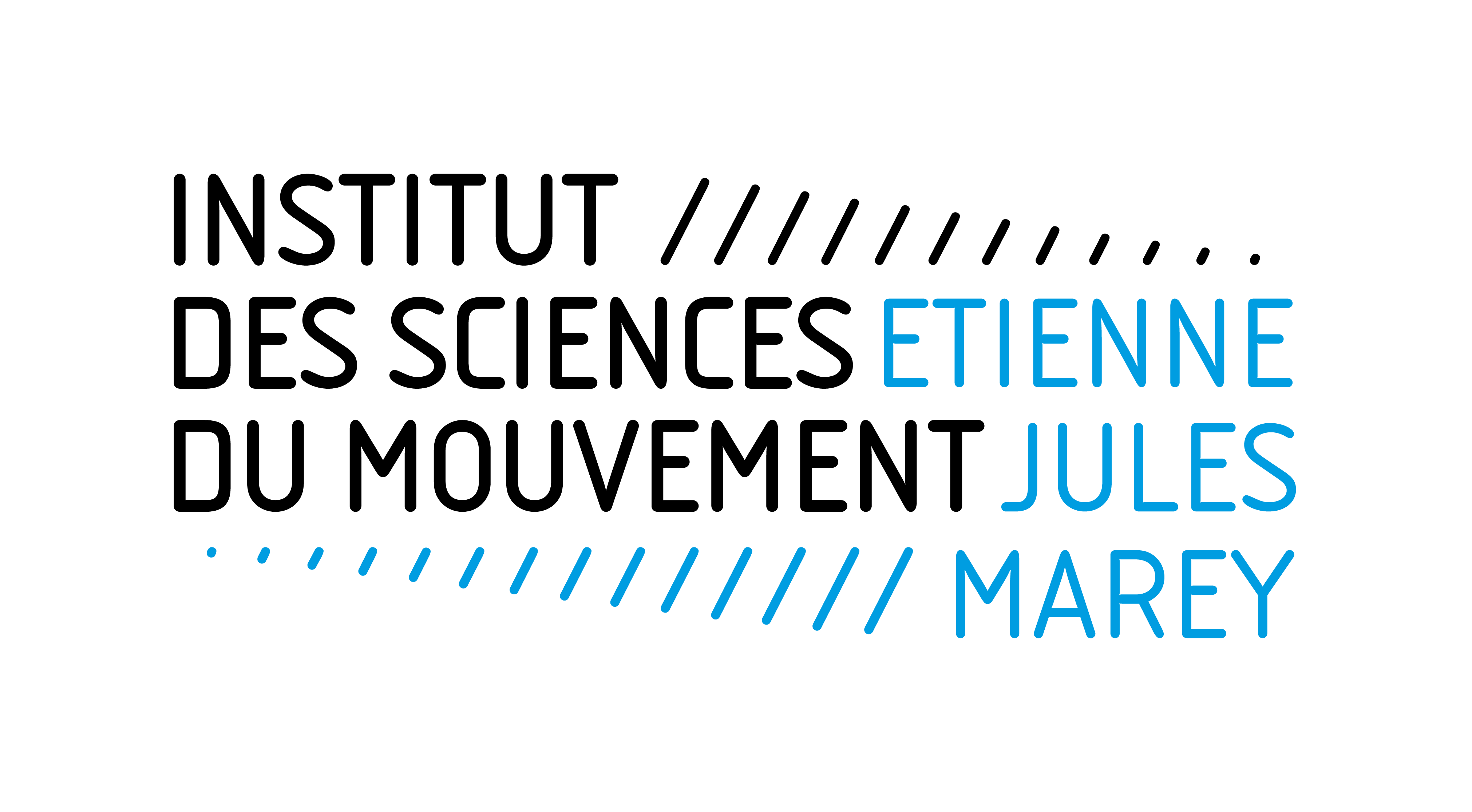Séminaire ISM du jeudi 4 septembre 2025
de 13 à 14h en salle des thèses FSS
Titre: Stem Cell Therapy for Perinatal Brain Injuries
by Pr Yoshiaki Sato (Dir Center for Maternal-Neonatal Care, Dir Division of Neonatology Nagoya University Hospital, Japan), invited by O Coq
Abstract:
Over the past three decades, global neonatal mortality rates have significantly decreased. However, certain perinatal diseases—particularly perinatal hypoxic-ischemic encephalopathy (HIE)—remain substantial clinical challenges that require innovative therapeutic strategies. Stem cell therapy has emerged as a promising approach, offering the potential to replace damaged cells, promote tissue regeneration, and deliver therapeutic growth factors. Notably, some stem cells possess a remarkable ability to home to specific sites and respond to local environments, even when administered intravenously.
Our research is dedicated to pioneering stem cell-based treatments for a range of perinatal conditions, with a primary focus on HIE. Basic studies using various types of stem cells—including neural stem/progenitor cells (Sato Y, Reprod Sci, 2008), umbilical cord blood cells (Tsuji M, Neurosci, 2014; Hattori T, Dev Neurosci, 2015; Nakanishi K, Sci Rep, 2017), bone marrow-derived mononuclear cells (Sato Y, Front Neurol, 2018), dedifferentiated fat cells (Mikrogeorgiou A, Dev Neurosci, 2017), mesenchymal stromal cells from multiple tissue sources (Sugiyama Y, Front Neurol, 2018; Tanaka E, Front Neurol, 2018), and multilineage-differentiating stress-enduring (Muse) cells (Suzuki T, J Cereb Blood Flow Metab, 2021; Ueda K, Sci Rep, 2023)—have culminated in two successful clinical trials. These trials, utilizing autologous cord blood cells (Tsuji M, Sci Rep, 2020) and Muse cells (Matsuyama N, BMJ Open, 2022; Sato Y, Stem Cells Transl Med, 2024), demonstrated both feasibility and safety, with no serious adverse events associated with cell administration.
Recognizing the challenges of predicting neurological outcomes in the acute phase, our current research emphasizes developing therapies that are effective well into the chronic phase, targeting symptoms such as cerebral palsy. Specifically, we are investigating the potential of stem cells derived from human exfoliated deciduous teeth (SHED). Preclinical studies have shown promising therapeutic effects in the chronic phase after HIE, leading to the initiation of a clinical trial using SHED.
This presentation will outline our comprehensive research trajectory, encompassing basic, translational, and clinical studies on stem cell therapies for both the acute/subacute and chronic phases of HIE.
Bio:
Pr. Yoshiaki Sato graduated from Nagoya University School of Medicine in 1997. He completed his residency and pediatric fellowship at Anjo Kosei Hospital, followed by specialized training in neonatology at Kanagawa Children's Medical Center and Nagano Children's Hospital.
In 2004, he entered the Ph.D. program at Nagoya University Graduate School of Medicine, focusing on perinatal brain injury and stem cell therapy. He received his Ph.D. in 2008.
From 2007 to 2009, he served as a research fellow at the Center for Brain Repair and Rehabilitation, Institute of Neuroscience and Physiology, University of Gothenburg, Sweden, where he spent two years investigating neurogenesis and stem cell therapy in the developing brain.
Since April 2009, he has served as Principal Investigator of the Nagoya University Neonatal Research Group. His research centers on developing innovative stem cell-based therapies for various intractable neonatal diseases, including perinatal brain injury and bronchopulmonary dysplasia. Concurrently, as Director, he has been actively involved in the clinical care of critically ill neonates in the Neonatal Intensive Care Unit (NICU) at Nagoya University Hospital.

